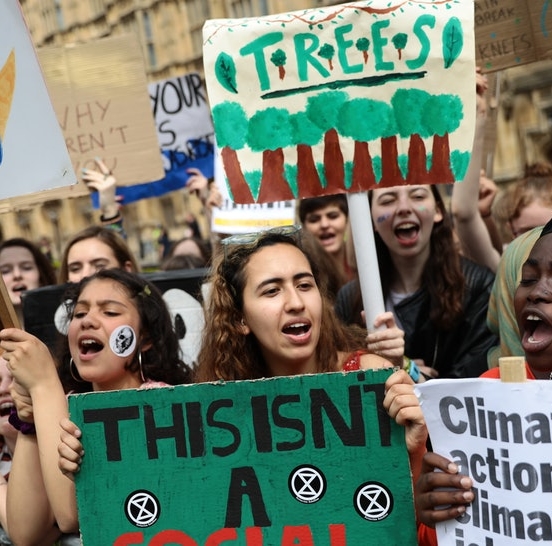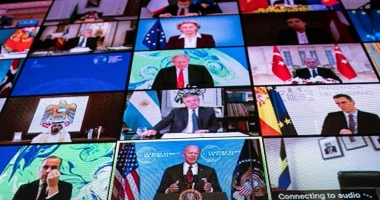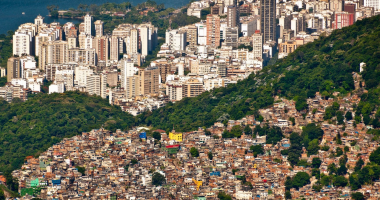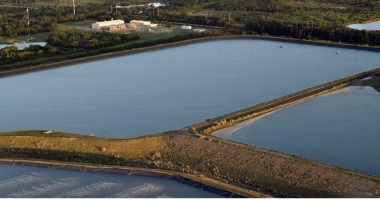Climate, Health and Equity Brief
Yessenia Funes on Environmental Justice
August 20, 2020

As part of our weekly Climate, Health & Equity Brief, we’re pleased to share a periodic interview series with leaders working at the intersection of climate change, health and equity. This month we spoke with Yessenia Funes, environmental justice reporter for Earther.

You’ve noted that you’re one of the few reporters covering the intersection where race and the environment meet. Why are there so few reporters in this space and what inspired you to become one of them?
I couldn’t tell you why there aren’t more reporters in this space, but I can say that more are showing up. For a long time, environmental justice was kept separate from the environment at large. It’s become “mainstream” only recently, so it just wasn’t something the general public–including reporters—really knew about. We see that slowly changing, and we’re seeing more environmental reporters become more sophisticated in their understanding of environmental issues and how they impact communities of color.
I pursued this because I was, first, interested in racial justice. I knew I wanted to be a reporter that uncovered societal harms right away, but it was only when I realized the severity of the climate crisis that I bridged those two interests together. Once I found out what “environmental justice” was, it was a wrap. I knew that was the beat for me. And it was clear to me that there weren’t enough reporters out there covering it.
Disproportionate impacts of COVID-19 on people of color and the recent surge in activism for an end to racially motivated violence against Black Americans have raised the profile of Environmental Justice. How are these issues connected and what steps can we take to turn the tides?
Climate justice is racial justice. The climate crisis has always been an issue embedded in systemic racism. Where can we find fossil fuel infrastructure? In communities of color. All the pollutants and toxins those refineries and power plants emit harm the Black and brown communities nearby. Black people, in particular, have borne an unfair burden from the drivers of climate change. Changing this isn’t simple. It’s not something we can just snap our fingers, and it’ll be gone. Solving this will require a complete transformation of social policies. All that money cities and counties spend on their police departments? They can invest it in Black communities to build public transit infrastructure, bike lanes, clean energy projects. That’ll take some serious political will. While it’s growing, it’s not growing nearly fast enough to save the lives of the people climate change is set to harm first and worst.
What is your greatest hope when it comes to our efforts to combat climate change?
My greatest hope is the youth. They see the issue for what it is. They see it through this racial lens. They understand all the ways it’s set to impact their lives, their futures, the world.
Your biggest fear?
My fear is that we won’t act quickly enough to leave a habitable world for the youth working so hard to save it. After all, it can’t be all on them. They inherited this mess. The adults in the room created it.
What would you encourage others to do to make an impact in the fight against climate change and for climate justice?
Vote! What we need is systemic change, and that’ll only happen if the right people are in office. So vote! Or if you can’t vote, contribute to get-out-the-vote campaigns. Phone bank. Post to social media. Call your local representatives. Make change happen on a bigger level than yourself. Definitely do your part, too, but know that’s not enough. Not at this point. The situation is too far gone to rely on individuals to clean this up. It’s up to world leaders to enact policy that’ll end fossil fuels for good and create a just, sustainable world for us all.

)





